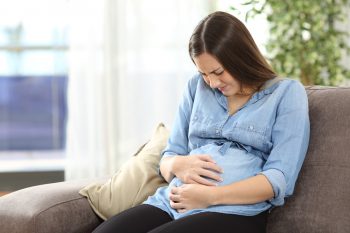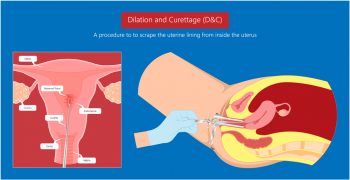Miscarriage is a challenging time for parents and families. It’s a loss that can be difficult to process emotionally and physically. What happens when you have a miscarriage? Many parents have misconceptions and fear about what happens when they have a miscarriage.
This guide aims to help parents who are going through or have gone through a miscarriage by providing information on what happens during a miscarriage and what to expect afterwards.
We hope that it will help parents prepare for their journey and give them the resources they need to heal.
Physically, what happens when you have a miscarriage ?
The physical experience of a miscarriage varies from person to person. Some parents may experience heavy bleeding and cramping, while others may not feel any physical discomfort at all.

A miscarriage is often preceded by light spotting or cramping, which can indicate that something is wrong. In most cases, the body will pass the tissue on its own, but sometimes surgery is necessary to remove the remainders of the fetus.
What are the emotional effects of miscarriage?
Miscarriage can be an emotionally devastating experience for parents. Depending on when the miscarriage occurs, parents may feel intense feelings of grief, guilt, and fear. One common misconception is that it’s only the mother who is affected by it.
Fathers experience the same heartbreaking and sorrowful emotions as mothers. Some parents may also experience depression, anxiety, and feelings of isolation. It’s essential to seek support from friends, family, or a mental health professional to help one feel supported and heard.
What are the options for managing a miscarriage?
There are several options available for parents who go through a miscarriage. If a miscarriage occurs early in the pregnancy, it’s often left for the body and nature to take its course.
However, if complications arise, surgery may be necessary. Parents can opt for a dilation and curettage, where the remaining fetal tissue is removed surgically or medications may be prescribed to help remove it over time.

Parents should also talk to their healthcare provider about any pain management options available.
How can parents cope after a miscarriage?
Coping after a miscarriage can be challenging, and there isn’t a one-size-fits-all approach. Parents may have to learn to grieve and process the loss entirely on their own terms, which can be overwhelming.

Some parents find solace in talking to others who have also gone through a miscarriage, while others find comfort in a support group or seeking professional counseling. Parents should also give themselves enough time to heal and consider taking time off work, if needed.
When can parents try to conceive again?
Many parents wonder when they can attempt to conceive again after a miscarriage. Healthcare providers may suggest waiting until the body is completely healed before attempting to conceive again.
It is also essential to ensure that one’s mental health is stable and free from any anxiety or depression symptoms. Having a miscarriage doesn’t mean that parents won’t have a healthy pregnancy again. Many parents go on to have healthy babies after experiencing a miscarriage.
Miscarriage is a painful experience that many parents and families endure. It’s a journey that is unique to every individual, and it can be challenging to navigate.
However, understanding what happens during a miscarriage and what to expect afterwards can help parents prepare and heal.
Seeking support from mental health professionals, family, and friends can also help one cope with the emotional effects of a miscarriage. Reaching out, processing your emotions, and allowing yourself to grieve is one way of healing. It’s possible to have hope even after a miscarriage.


